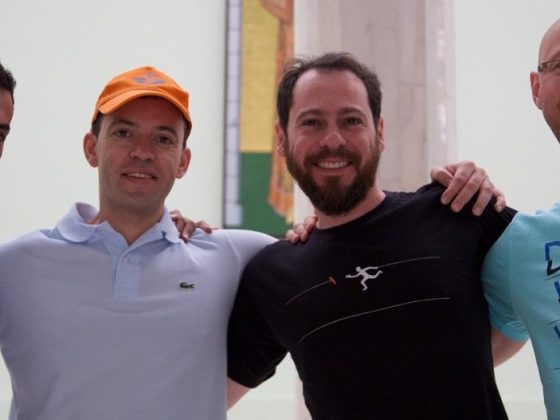A recent study conducted by the Israeli Ministry of Finance has found, unsurprisingly, that where you live has a major impact on your chances of success.
The study found that people who live in disadvantaged areas of Israel have lower chances of academic and financial success. The study also found that these people’s chances of mobility—moving up from lower income brackets to higher ones—are also lower if they live in poorer areas of the country.
“I think that the first step toward success must begin at home, by creating an environment of encouraging academic schooling. If there is such an environment in a family, it may be able to offset a less positive external environment with regard to higher education.”
The solution people most often use if they want to improve their situation is to move to more affluent parts of the country, where the environment encourages achievements and opportunities are more numerous. This perpetuates the poor state of deprived areas. The study suggests that the solution to this problem may be in developing young, local leaders who will create their own environment of success and lift their area to better achievements.
This idea may work, but I believe that success begins at home. If your family encourages you to achieve and gives you examples of success, your chances of success are much better than otherwise. For example, I have three grandchildren who live in Canada. The oldest went to college last year, the middle one went this year, and the youngest is still in high school but will certainly attend college. The role models they see make it almost a given that they will follow the same path. They simply know that a college degree is a mandatory part of their education. Regrettably, in Israel’s underprivileged areas, most people do not even consider the idea of academic schooling.
“The cost of higher education in Israel is also prohibitive for many, but there are many scholarships and other programs that allow students from disadvantaged areas to study at a fraction of the actual cost, or even at no cost. So the problem is not one of affordability, but of approach, awareness, and confidence.”
The cost of higher education in Israel is also prohibitive for many, but there are many scholarships and other programs that allow students from disadvantaged areas to study at a fraction of the actual cost, or even at no cost. So the problem is not one of affordability, but of approach, awareness, and confidence.
Therefore, I think that the first step toward success must begin at home, by creating an environment of encouraging academic schooling. If there is such an environment in a family, it may be able to offset a less positive external environment with regard to higher education.
Subsequently, young local leaders can rise and lift the entire community. If they focus on the common good and try to improve the situation of society as a whole, and if they themselves set an example of success, they can do a lot of good.
Leadership development requires special programs and unique training. The leaders must first learn how to behave among themselves, and then with their community. They should not be raised to be politicians, but leaders who pave the way through personal example. If they can demonstrate how problems are solved by caring for the whole and cooperating with others, they will succeed, and the community will succeed with them.











